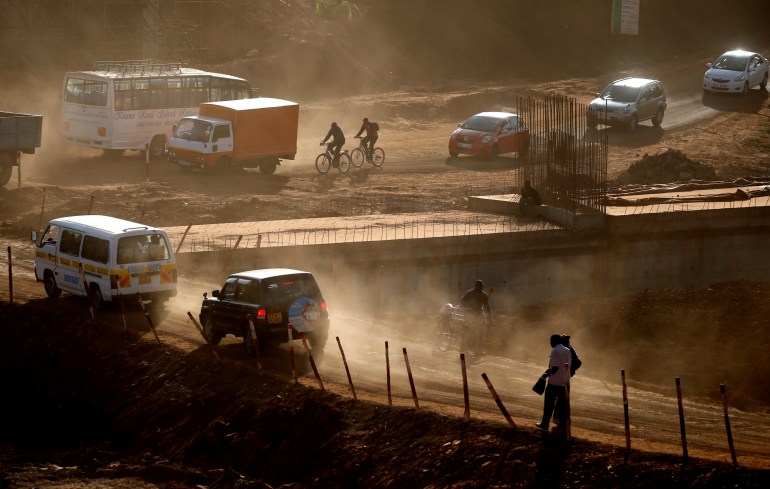INTERVIEW WITH PRE-SCHOOL CHILDREN
At least 40 million children worldwide have missed out on early childhood education in their critical pre-school year as COVID-19 shuttered childcare and early education facilities.
Today we are talking to kids. We invited Iracelma and Augusta to share their academic experience during the time of Covid-19 pandemic.
Interview with Iracelma
Hello, how are you?
Hi, I'm fine
What is your name?
My name is Iracelma
How old are you?
I am 5 years old
Iracelma do you study?
Yes, I am a preschool student
Why aren't you going to school anymore?
I no longer go to school because of the covid-19
What is covid-19?
Is to wash hands with soap and use alcohol gel.
Do you want to go back to study?
Yes
Interview with Augusta
Hello, how are you?
Yes I'm fine, thanks
What is your name?
My name is Augusta
Augusta do you study?
Yes, I am a preschool student
Why aren't you going to school anymore?
I am not going to school because of covid-19
What is covid-19?
It is a disease
What are the preventive measures against coronavirus?
To wash hands, use mask and keep the social distance of one meter.
Where is your mask?
I forgot it at home
“Education disruptions caused by the COVID-19 pandemic are preventing children from getting their education off to the best possible start.”
“Childcare and early childhood education build a foundation upon which every aspect of children’s development relies. The pandemic is putting that foundation under serious threat.”
Click here to watch free full webisodes: https://she-leads.blogspot.com/

We launched this campaign to ensure that every girl is able to learn while schools are closed and return to the classroom when schools safely reopen. Everyone can play a role in supporting girls ’education - whether you’re a teacher, parent, student, journalist, policymaker, or simply a concerned citizen.
Don't miss this opportunity to bring girls back to school. Tell us your story!
Do you have a personal experience with the coronavirus would you like to share? Or a tip on how your town or community is handling the poverty among women?
FIND SOMEONE TO SPONSOR TODAY
Your sponsorship will help the most vulnerable girls and women to take the first step out of poverty.


 Obstacles – ranging from ubiquitous red tape and poor infrastructure to the entrenched protectionism of some of its members – must be overcome if the AfCFTA is to reach its full potential [File: Goran Tomasevic/Reuters]
Obstacles – ranging from ubiquitous red tape and poor infrastructure to the entrenched protectionism of some of its members – must be overcome if the AfCFTA is to reach its full potential [File: Goran Tomasevic/Reuters]



